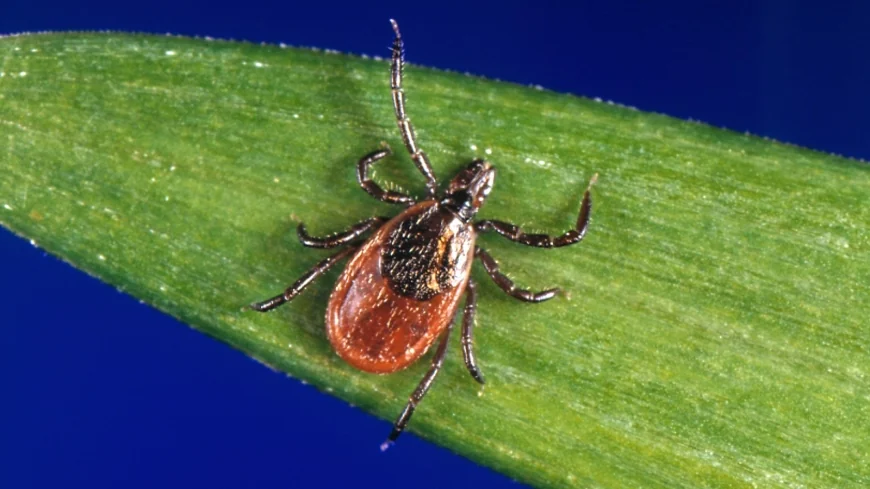Virginia emergency departments see more than 9,100 tick-related visits in 2025 so far

CHESTERFIELD COUNTY, Va. (WRIC) -- Emergency departments across the country are seeing a spike in tick bite cases this summer, including in Virginia.
New data from the Centers for Disease Control and Prevention (CDC) reveal that children and the elderly are experiencing the highest rates of ER visits.
According to Dr. Richard Marconi, a Virginia Commonwealth University (VCU) tick expert, two primary factors are contributing to this rise.
First, there's a noticeable increase in the tick population throughout much of the country, especially here in Virginia.
"The numbers of ticks are up quite a bit due to favorable weather conditions for ticks," Dr. Marconi said.
Second, public awareness of tick-borne illnesses, including Lyme disease, has significantly heightened.
"Individuals who are bitten by a tick are attempting to seek care more promptly," Dr. Marconi said. "And that often involves going to the ER as opposed to your primary care physician."
Tick season is here, expert gives advice on how to avoid nasty bites
July has already seen the highest number of tick-related ER visits in the country since 2017, according to the CDC. The Northeast region is particularly impacted, reporting the most cases so far this year, a figure that includes Virginia.
Virginia has seen a significant increase in tick-borne illness-related emergency department and urgent care visits, with more than 9,100 reported so far in 2025, according to the Virginia Department of Health (VDH).
This data, collected from non-federal facilities across the state, includes both Virginia residents and visitors.
These visits are primarily for tick bites or diagnoses of various tick-borne diseases, such as Lyme, Babesiosis, Ehrlichiosis, Rocky Mountain Spotted Fever, Anaplasmosis, Heartland virus, Powassan and Tularemia. The Virginia Department of Health (VDH) notes that the rising number of reporting facilities might influence these observed trends.
"What remains the most dominant or the most common tick borne disease, not only here in Virginia but elsewhere in the Northeast and Upper Midwest, is Lyme disease," Dr. Marconi said.
Dr. Marconi said if Virginians in areas where Lyme disease is common, doctors often prescribe a single dose of doxycycline as a preventative measure to keep the disease from developing.
While tick bite prevention methods haven't changed drastically over the years, Dr. Marconi is hopeful about future advancements.
"The next big step that I'm really optimistic about is the development of human vaccines for Lyme disease and potentially other tick borne diseases, as well," he said.
In fact, Dr. Marconi's lab at VCU is actively developing a human Lyme disease vaccine. This groundbreaking work builds on the success of their widely used veterinary vaccine called Vanguard crLyme.
"It's widely used in North America," Dr. Marconi said. "But we've modified it and we're attempting to now move into the arena where it can be used in humans."
Dr. Marconi said they've received significant support from the National Institutes of Health (NIH), which has been instrumental in developing their product plans and advancing the vaccine toward human clinical trials.

 VENN
VENN 





